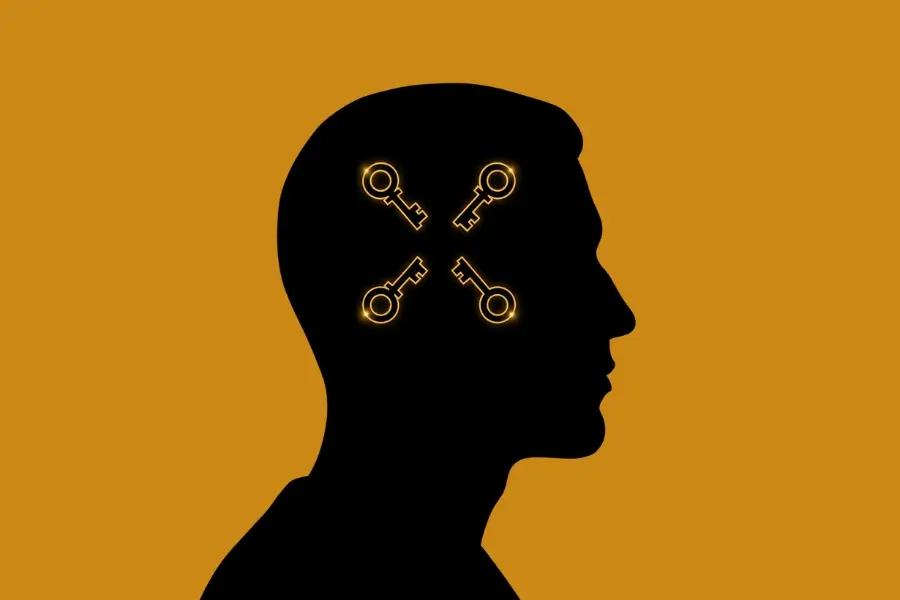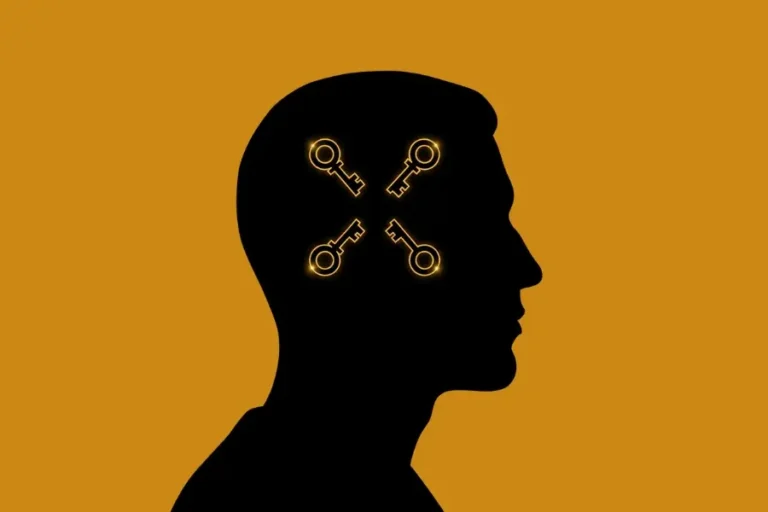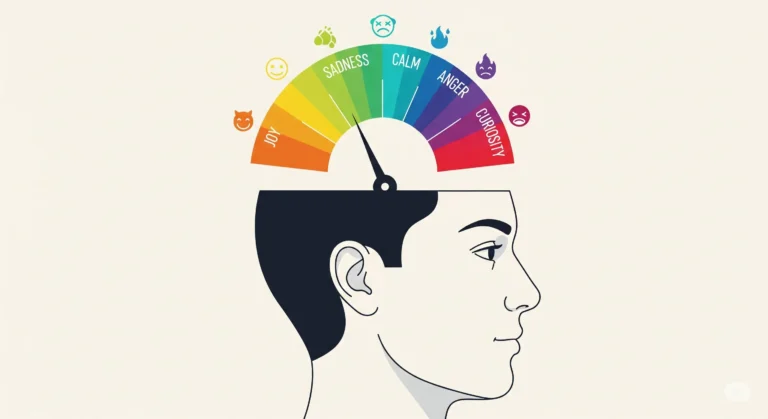You know that person at work who never loses their cool during meetings? Or your friend who always knows exactly what to say when you’re upset? They’re not just naturally gifted. They’ve figured out something most of us are still learning: how to handle emotions smartly.
Today, you’re going to discover the four fundamental keys to emotional intelligence that can transform how you handle stress, connect with others, and lead yourself toward the life you actually want. These aren’t just feel-good concepts. They’re practical skills that successful leaders, strong partners, and fulfilled individuals use every single day.
What Is Emotional Intelligence, Really?
Before we dive into the four keys, let’s get crystal clear on what emotional intelligence actually means. Simply put, it’s your ability to recognize, understand, and manage emotions in yourself and others. Think of it as your EQ rather than your IQ. While your IQ might get you hired, your emotional intelligence is what gets you promoted, builds lasting relationships, and helps you bounce back from life’s inevitable challenges.
If you want to explore this topic deeper, check out “The Complete Guide to Emotional Intelligence: 5 Game-Changing Skills You Need in 2025” for a comprehensive breakdown.
The 4 Keys to Emotional Intelligence
1. Self-Awareness: Knowing Your Emotional Landscape
Self-awareness is the foundation of emotional intelligence. It’s your ability to recognize what you’re feeling in real-time and understand why those emotions are showing up.
Most people go through their day on emotional autopilot. They react without thinking, make decisions based on fleeting feelings, and wonder why they keep ending up in the same frustrating patterns. Self-awareness breaks this cycle.
Here’s what this looks like in action: You’re in a meeting and your boss shoots down your idea. Instead of immediately getting defensive or shutting down, you pause and notice the frustration building in your chest. You recognize that this feeling stems from wanting your contributions to be valued. With this emotional awareness, you can choose how to respond rather than just reacting.
The key to developing self-awareness is creating space between feeling and action. Start paying attention to your emotional triggers, physical sensations, and the stories you tell yourself throughout the day.
2. Emotional Regulation: Managing Your Inner World
Once you can identify your emotions, the next step is learning to manage them effectively. Emotional regulation doesn’t mean suppressing your feelings or pretending everything is fine. It means experiencing your emotions fully while choosing how to express them in ways that serve you and others.
Think about someone you know who stays calm during crisis situations. They’re not emotionless robots. They’ve developed emotional control that allows them to feel the stress, acknowledge it, and then channel that energy into productive action.
For example, let’s say you receive harsh feedback on a project you poured your heart into. Emotional regulation might look like this: You feel the sting of disappointment and maybe some anger. Instead of firing off a defensive email or sulking for days, you give yourself permission to feel upset for a bit, then ask clarifying questions to understand how you can improve next time.
This kind of emotional mastery takes practice, but it’s what separates people who get stuck in emotional drama from those who use challenges as stepping stones.
3. Empathy: Understanding Others’ Emotional Experiences
Empathy is your ability to step into someone else’s emotional shoes and genuinely understand their perspective. It’s not just being nice or agreeable. It’s developing genuine emotional insight into what others are experiencing and why.
Strong empathy transforms your relationships because people feel truly seen and understood by you. In your career, it makes you a better leader, teammate, and collaborator. In your personal life, it deepens your connections and reduces unnecessary conflict.
Here’s empathy in action: Your partner comes home stressed after a difficult day. Instead of immediately trying to fix their problems or minimizing their feelings, you recognize their need to be heard. You put away distractions, listen without judgment, and reflect back what you’re hearing: “It sounds like you’re feeling overwhelmed because everything hit you at once today.”
The magic happens when people feel understood before they feel advised.
4. Social Skills: Applying Emotional Intelligence in Relationships
The fourth key brings everything together. Social skills are how you use your self-awareness, emotional regulation, and empathy to build stronger relationships and navigate social situations effectively.
This isn’t about being the most charismatic person in the room. It’s about authentic communication, healthy conflict resolution, and the ability to influence others positively. People with strong social skills know how to have difficult conversations, build trust quickly, and create environments where others feel comfortable being themselves.
Consider this scenario: You need to give constructive feedback to a team member who’s been missing deadlines. Instead of avoiding the conversation or being overly harsh, you approach it with emotional intelligence. You recognize your own frustration but don’t let it drive the conversation. You show empathy by acknowledging their recent workload challenges. Then you have an honest, supportive discussion about expectations and solutions.
Your Next Steps in Emotional Development
These four keys to emotional intelligence aren’t just concepts to understand. They’re skills to develop daily. Like any other ability, they get stronger with intentional practice and real-world application.
Start with self-awareness. Begin noticing your emotional patterns throughout the day. From there, work on emotional regulation by creating small pauses between what you feel and how you respond. Practice empathy by genuinely listening to understand rather than to reply. Finally, apply these emotional intelligence skills in your daily interactions.
Ready to dive deeper into your emotional growth? Check out “What Does Emotional Regulation Look Like?” to master the art of managing your emotions effectively, or explore “Understanding Emotional Intelligence: A Simple, Clear Definition” for a comprehensive foundation.
Your emotional intelligence isn’t fixed. With the right focus and practice, you can develop these skills and transform how you show up in every area of your life.







